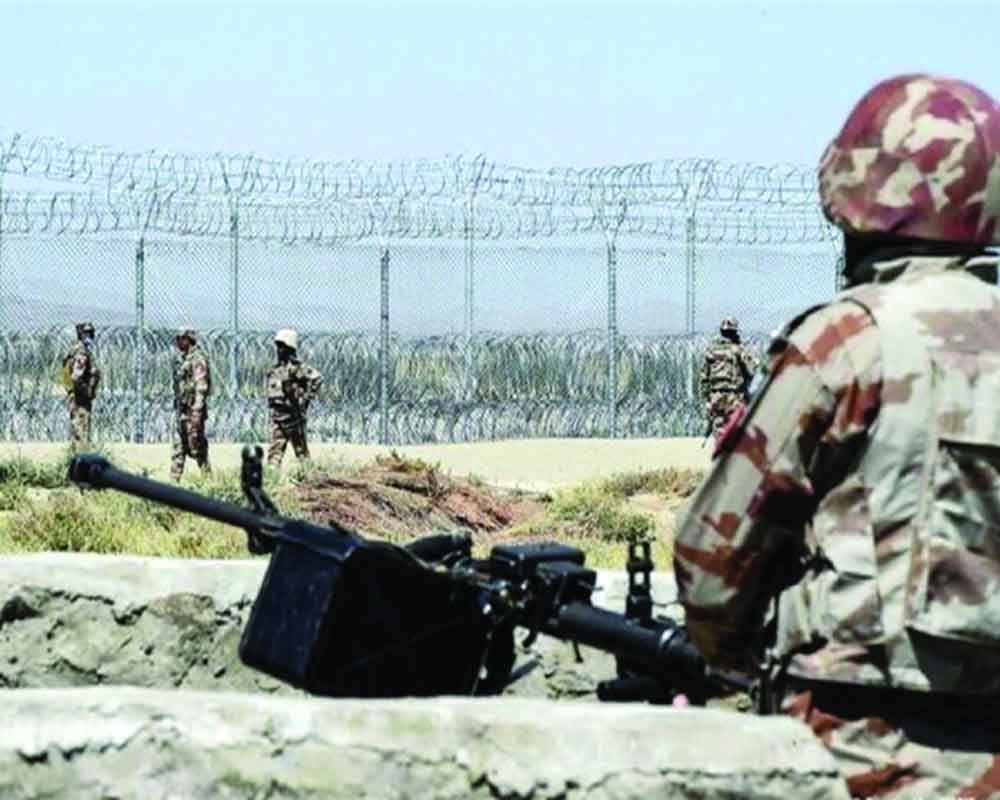South Asia has experienced a significant transformation marked by notable developments that are redefining the relationships among major stakeholders
The geopolitical dynamics of South Asia have undergone a profound transformation in recent years, marked by a series of significant developments that have reshaped the relationships between India, Pakistan, Afghanistan, and the Taliban. What initially appeared to be a strategic win for Pakistan with the Taliban’s return to power in Afghanistan has now turned into a complex web of alliances and rivalries, with India and the Taliban exploring new avenues for cooperation, while Pakistan finds itself embroiled in a conflict with its western neighbour.
Pakistan’s initial support for the Taliban’s resurgence in Afghanistan was driven by a desire for a friendly government in Kabul that would be more amenable to Islamabad’s interests. The previous Afghan government, led by Ashraf Ghani, was perceived by Pakistan as being too closely aligned with India, Pakistan’s historical rival. Therefore, the Taliban’s rise was seen as a strategic victory for Pakistan, potentially opening up avenues for increased influence in Afghanistan. When the Taliban reclaimed power in Kabul on 15th August 2021, the then Pakistani PM Imran Khan expressed optimism, describing it as a “breaking the shackles of slavery” moment for Afghanistan. There was a widespread belief among Pakistanis that the Taliban, whom they often referred to as “our brothers,” would help Pakistan in its quest to assert control over Kashmir, a disputed region between India and Pakistan. This sentiment was rooted in the belief that a Taliban-controlled Afghanistan would be more sympathetic to Pakistan’s stance on Kashmir and would support Pakistan’s efforts to wrest control of the region from India.
However, the euphoria of the Taliban’s return quickly dissipated as concerns grew over the group’s ability to govern effectively and maintain stability. Pakistan’s hopes for a strategic win in Afghanistan were further dampened by the emergence of the Tehrik-i-Taliban Pakistan (TTP), a Pakistani Taliban group that found sanctuary in Afghanistan and began launching attacks on Pakistani soil.
The situation took a dramatic turn on 16th March 2024 when Afghan militants attacked Pakistani soldiers at a border killing 7 of them. Pakistan retaliated with strikes against Afghan militants citing concerns over cross-border terrorism and the presence of Pakistani Taliban militants allegedly supported by Kabul.
Meanwhile, India’s relationship with the Taliban has evolved, with the two sides engaging in talks for trade and economic cooperation. The Indian delegation, led by J P Singh has met the current Taliban Foreign Minister Amir Khan Mottaqi and the former Afghan President Hamid Karzai in Kabul to discuss humanitarian assistance and trade. This development has caught Pakistan off guard, as it now finds itself on the opposite side of the table from India, its traditional rival. Amidst the ongoing humanitarian crisis in Afghanistan, the US special representative for Afghanistan, Thomas West, is set to travel to India in the third week of March 2024 for consultations on working together to support the Afghan people. This visit follows the Indian delegation’s recent stated meeting with the Taliban ministry. West’s visit is particularly significant as he engages with the Taliban and mobilises international support for Afghanistan. However, these diplomatic efforts come in the wake of Pakistan launching airstrikes in border regions of Afghanistan, resulting in the tragic deaths of at least eight civilians.
As the situation continues to evolve, it remains to be seen how these shifting alliances will shape the future of South Asia. The once-clear lines of allegiance and enmity have blurred, creating a complex and unpredictable geopolitical landscape that will require careful navigation by all parties involved.
(The writer is author and an academician; views are personal)


























